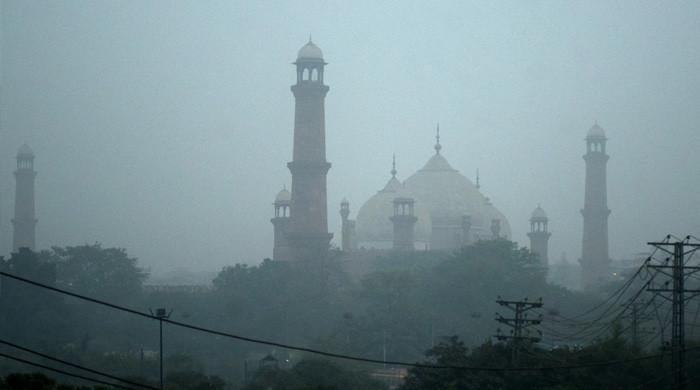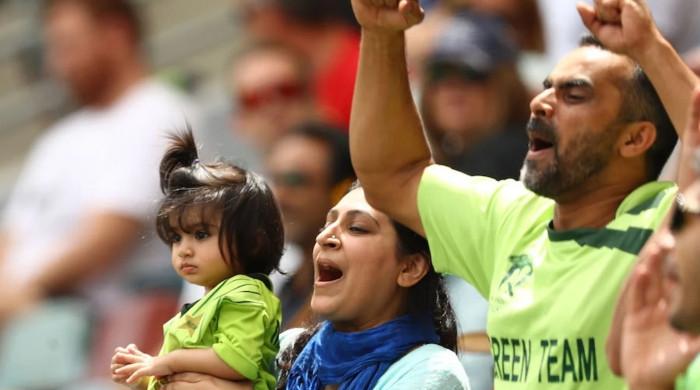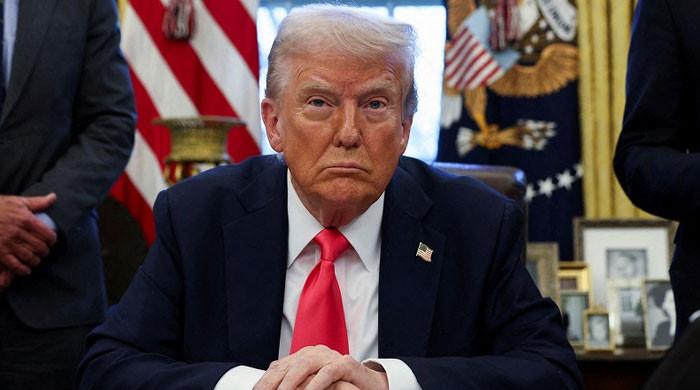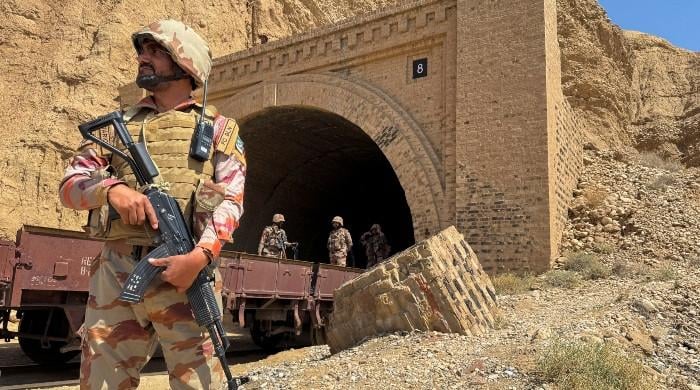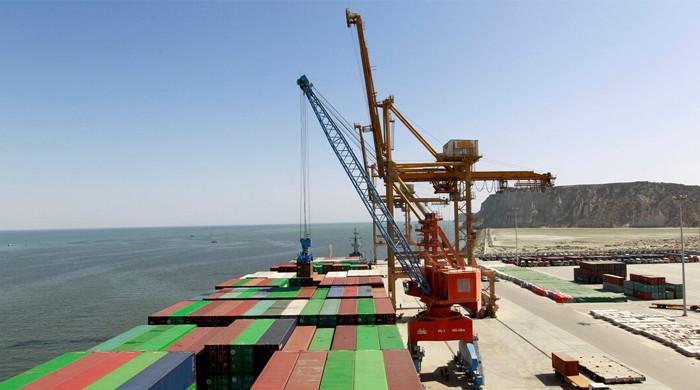Decades of Comradeship: Remembering Asma Jahangir
The activist remained steadfast and advocated for Pakistan and human rights till the very end
February 11, 2021
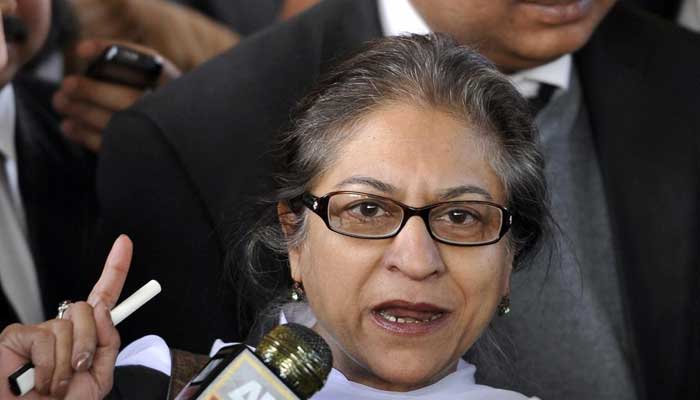
Asma Jahangir was internationally known as one of Pakistan's foremost human rights activists. Over a storied career, she probably served Pakistan more than any ambassador abroad ever could.
Her defence of Pakistan was no match, for the way she would comprehensively explain and critique the human rights situation of Pakistan would leave no room for any external opponents to seize a chance to vilify the country.
She would criticise the state while defending the people and the country, distancing Pakistan from the periods of dictatorships it suffered and robustly supporting its attempts at democracy.
My relationship with Asma Jahangir was more of a comrade than a journalist. I covered her activities in Europe for 20 years. For me, she was the epitome of what a human rights and freedom activist could be.
Never once did I see Asma Jahangir renege on her basic human rights agenda. She remained steadfast and advocated for Pakistan and human rights till the very end.
Personal difficulties, including facing prison and violence, never forced her to take extreme positions in politics or to bring herself to a situation where she would find herself at a point of no return. She was a strong supporter of a policy of engagement, which allowed her to build and create a space in which she could advance the people's agendas.
Her position was very clear: "Never use force." She always kept the establishment engaged, and instead of pushing the country into confrontation, she waged a peaceful struggle.
My first meeting with Asma Jahangir took place in March 2002 in the Netherlands. It was the peak of Gen Pervez Musharraf's regime and Asma Jahangir was active in the fight for minority rights in Pakistan. She was conferred the Geuzenpenning Award by the Geuzen Resistance Foundation for her fight for democracy and against dictatorship, racism and discrimination.
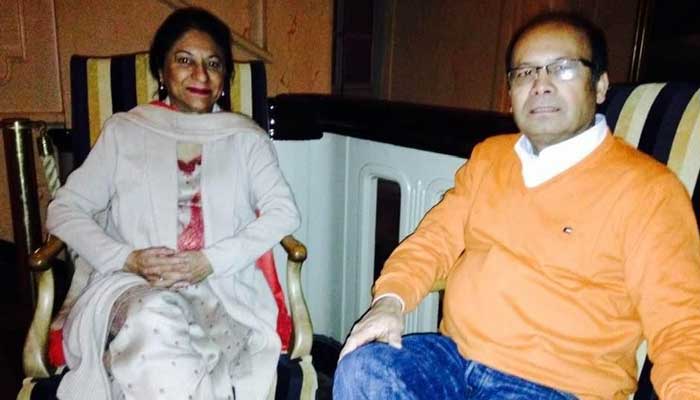
At the time, I was employed at a local TV channel in the Netherlands. I interviewed Asma Jahangir. I asked her specific questions about Pakistani politics (there is always a lack of clarity in the minds of Pakistanis living in the West about Pakistan's democracy).
Asma listened to my questions and gave me detailed answers. She said you live in the West yourself and are blessed with democracy and its fruits: "Don't you want the people of your homeland to be as free and prosperous and live in democracy?"
It was a detailed discussion and she was crystal clear about her commitment to democracy in Pakistan. She firmly believed that no dictatorship could solve Pakistan's problems.
In December 2010, I received an invitation from the UNICEF office in Paris stating that Asma Jahangir would be awarded by UNICEF on December 10 in Bilbao, Spain.
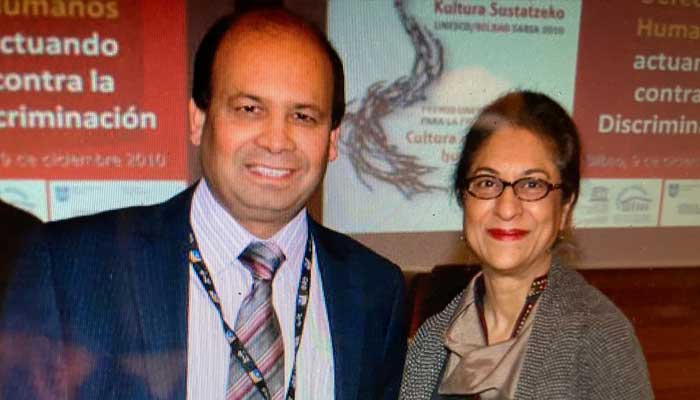
This was the time I got to spend four days tagging along with Asma Jahangir. She took me to all official seminary conferences and dinners. There, she paid tribute to the struggle of the Pakistani people and reminded the world that in Pakistan, there are millions of people like her who believe in and fight for human rights. She made it clear that the award was in fact the fruit of and in honour of their struggles.
Every time she was in a European country, she wanted to meet the Pakistani community. When she came to Brussels, she addressed the subcommittee of the European Parliament. My colleagues and I organised a programme in which she severely critiqued the government of Pervez Musharraf. The Embassy of Pakistan in Belgium was apparently not pleased and blamed me for being behind "all these unpleasant events".
When Asma Jahangir received the Right Livelihood Award in Sweden, also known as the 'alternative Nobel Prize', I went to Stockholm to report on the event. It was December 2014. Geo TV and the Jang Group of Newspapers were under tremendous pressure. She held my hand and said, "Don't worry, this is a struggle. You're on a noble cause, but you have to be steadfast."
At the time, there were organised conspiracies to destroy Geo. She made sure I got a voice at the award ceremony.
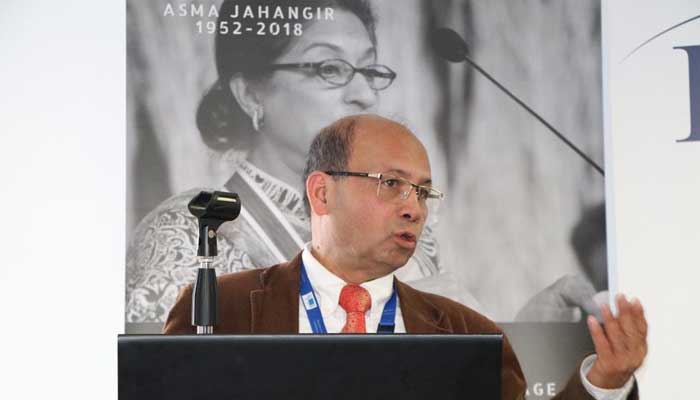
Our newspaper was discussed in the context of resistance for freedom in Pakistan. The editor of the Guardian and noted author and activist Arundhati Roy were in attendance. Edward Snowden also spoke at the event via a video link from Moscow. It was a grand affair.
My last meeting with Asma was at the Faiz Festival in London, where I presented my short film about the progressive movement and Meraj Muhammad Khan. After the screening of the film, I was invited to give a speech. I spoke about dictatorship and the '83 MRD movement. When Asma Jahangir took the stage after me, she said, "Farooqi sahib, you must be ready to fight the dictatorship in the offing."
It was 2017.
A year later, on February 11, Asma Jahangir passed away, in Lahore.




